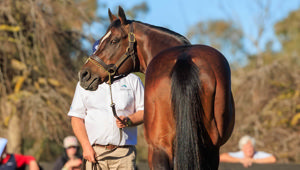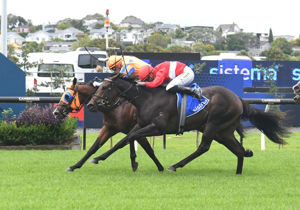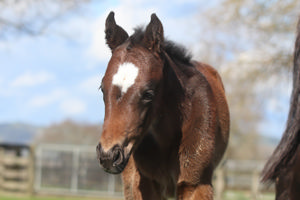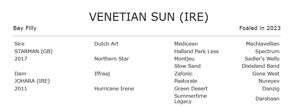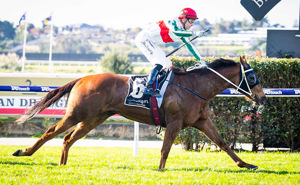Now that the first foals of the season have hit the ground at farms across the country, breeders are finalising stallion bookings and searching for the perfect match for their mares.
A growing number are turning to pedigree-analysis tools to inform those decisions. One of the most talked-about newcomers is Pedigrees 360 (P360) an Australian business acquired earlier this year by U.S.-based owner John Stewart (Resolute Racing).
Stewart makes no secret of his aim to win the world’s biggest international races. Could an Australian-built pedigree platform help him do that, and can it help local breeders lift their chances of producing a better racehorse while avoiding slow ones?
To find out, we spoke with Mike King, the Australian CEO of Pedigrees 360, about what P360 is, how it works and how to interpret its results.
“The P360 software analyses linebreeding through nine generations and applies machine-learning models to produce a P360 profile for each horse,” King explains.
“It highlights bloodline combinations that have been associated historically with superior performance, and flags combinations that have been associated with weaker outcomes. Profiles are presented via a traffic-light system: green (good), yellow (neutral), red (poor).”
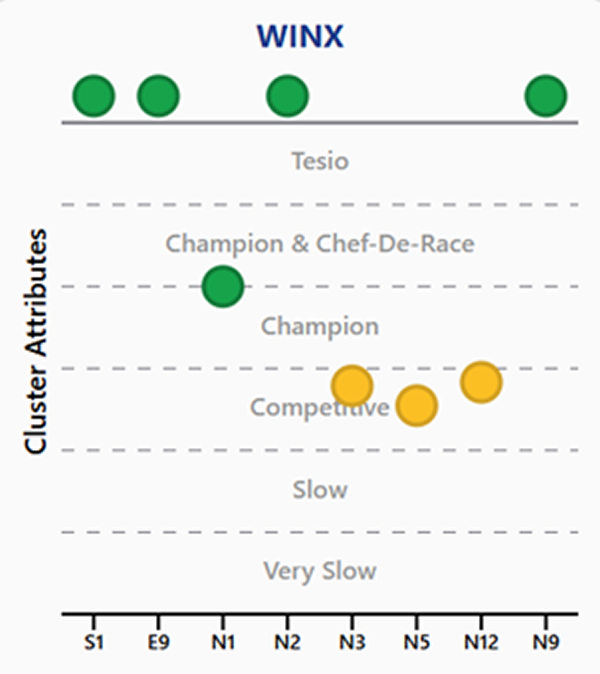
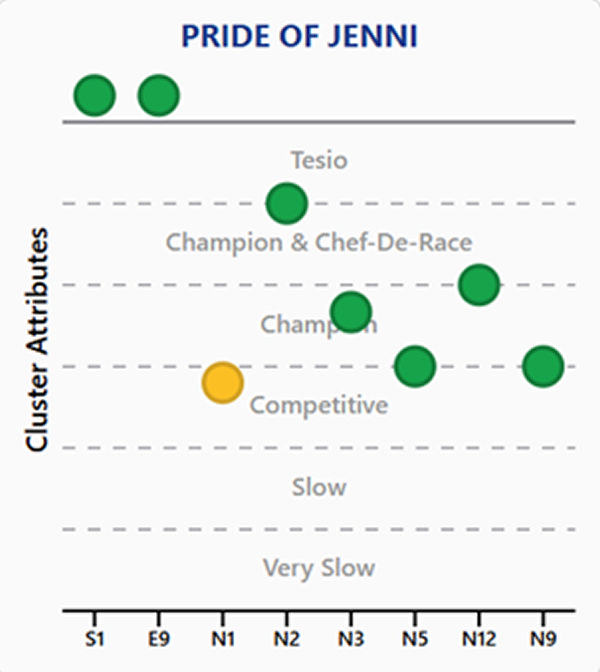
King adds that prior to acquiring the company, Stewart’s team performed due diligence to evaluate whether the program’s outputs aligned with historical outcomes. Since the acquisition, both the Australian and U.S. teams have expanded the dataset and re-examined accuracy.
“We focused on genuinely international, elite races—including the Breeders’ Cup Classic, Dubai World Cup, Hong Kong Vase, Japan Cup, Prix de l’Arc de Triomphe, and major Australian Group 1s such as the Melbourne Cup, Cox Plate and Golden Slipper. To ensure a meaningful sample, we reviewed the results of those races across the past 25 years, this gave us 457 major Group 1 winning horses to assess” King says.
From there, the team compared the correlation of excellent and poor Pedigrees 360 profiles between the general global horse population and the winners of those major races.
What they found further validated what the Pedigrees360 team already knew, that the application helps to improve the odds of identifying a successful pedigree. The results of this study were:
· Among winners: 43% have an “Excellent” P360 profile.
· In the general horse population: 22% have an “Excellent” profile.
Conversely, only 22% of winners have a poor profile versus 44% of the general horse population having a poor profile
What this shows is that horses with an excellent Pedigrees360 profile are over 3 ½ times more likely to win a major Group 1 race than horses with a poor profile.
When the team analysed elite profiles (such as those held by Winx and Pride of Jenni) which are even rarer amongst the general horse population, the probability became significantly higher.

